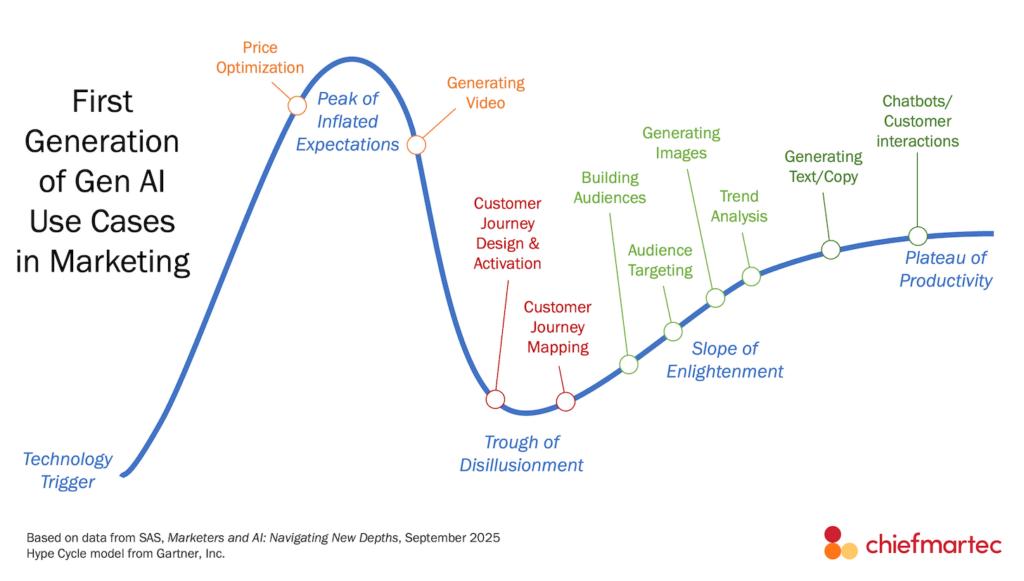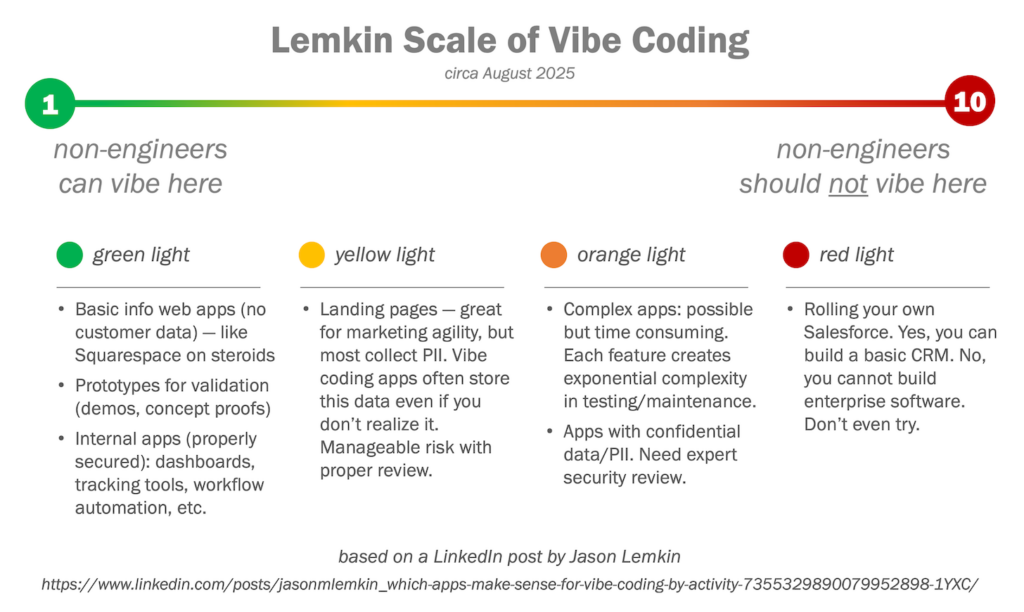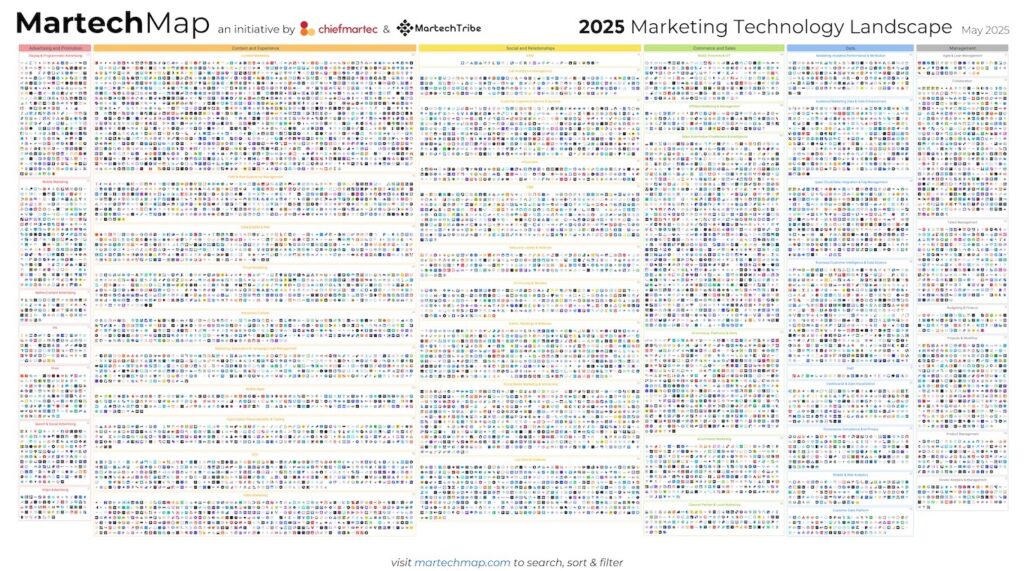As a shorter and more light-hearted post for the holiday weekend, here are five truisms about technology in the marketing world that I’ve found as good rules of thumb — somewhat tongue-in-cheek, but not entirely:
1. The Great Paradox
Software developers are usually bad at creative marketing. Creative marketers are usually bad at software development. Excellent digital marketing requires both.
2. The Shoemaker’s Children?
If you’re considering buying online marketing software or services from a company, how good is their own online marketing? If it sort of sucks, pause to reflect on the implications.
3. The Napkin Test
If a marketing technology vendor can explain their solution on the back of a napkin — and it’s compelling and credible — then they just might have something great.
4. The Gym Membership Fallacy
Software that gives you the potential to do something great still relies on you to actually do it. Spending money is easier than spending the time and energy to put that money to good use. (Blog software is a good example of this.)
5. The Support Transparency Rule
If a software company makes all their technical support resources publicly available on the web, that’s a good sign. If they don’t, that’s a bad sign.
Any nuggets of wisdom that you’d add?




Nice post, I agree with these, and suspect they would apply more broadly (with minor adjustments) to most Enterprise applications.
Good point, Joe.
I can imagine that #1 happens in other situations where you have domain experts and software architects working together over a significant professional or cultural divide — perhaps with marketing and IT, they’re just particularly at opposite ends of the spectrum.
As for #2, this certainly applies to other domains — if you’re buying supply-chain management software from someone and their own supply chain is in chaos, then, well, that’s a bad sign. The problem is that in most of these situation, you as a potential customer simply don’t have the visibility into that company’s internal operations. But marketing, by being inherently outward facing, is right there on center stage. Is your marketing good, or not good? And based on that evaluation, do I really want you helping me with mine?
BTW, I like a lot of Alterian’s online marketing.
I think #1 is the crux of the matter … it’s a left brained/right brained thing. I think that Daniel Pink and others like him are onto the answer.
What should we do to help build more creative technologists? Cross pollination? Attract a different kind of person? Interestingly enough in my digital agency we have more creative technologists with a music background than a software background.
The good news is that more and more people are getting on the whole new mind model of where do we need to go (http://www.danpink.com/wnm.html). The bad news is that these people are years away from being in places of power in the large organizations that dominate today.
What will that mean for our future?
Hi, Dean — I’m really glad you mentioned Dan Pink. A Whole New Mind is one of my favorite books, and I think it offers a great way to bridge the (somewhat artificially created) divide.
That’s a fascinating anecdote about hiring musicians to be creative technologists. Over the years, I’ve been amazed at how many of the best engineers I’ve known have also been musicians. By “best”, I mean developers that both come up with really creative ideas and implement them with precision. It’s very much like music.
As for power and change, the best thing working in our favor is the clockspeed of the digital world. Marketing is moving faster. Product development is moving faster. And the feedback loops of what works and what doesn’t are getting shorter every year. While it’s still going to take a while to permeate the more traditional structures and business cycles out there, that force for change seems to be moving things at a much faster velocity than even 5 years ago.
Certainly fascinating to watch it unfold in our professional lifetimes.